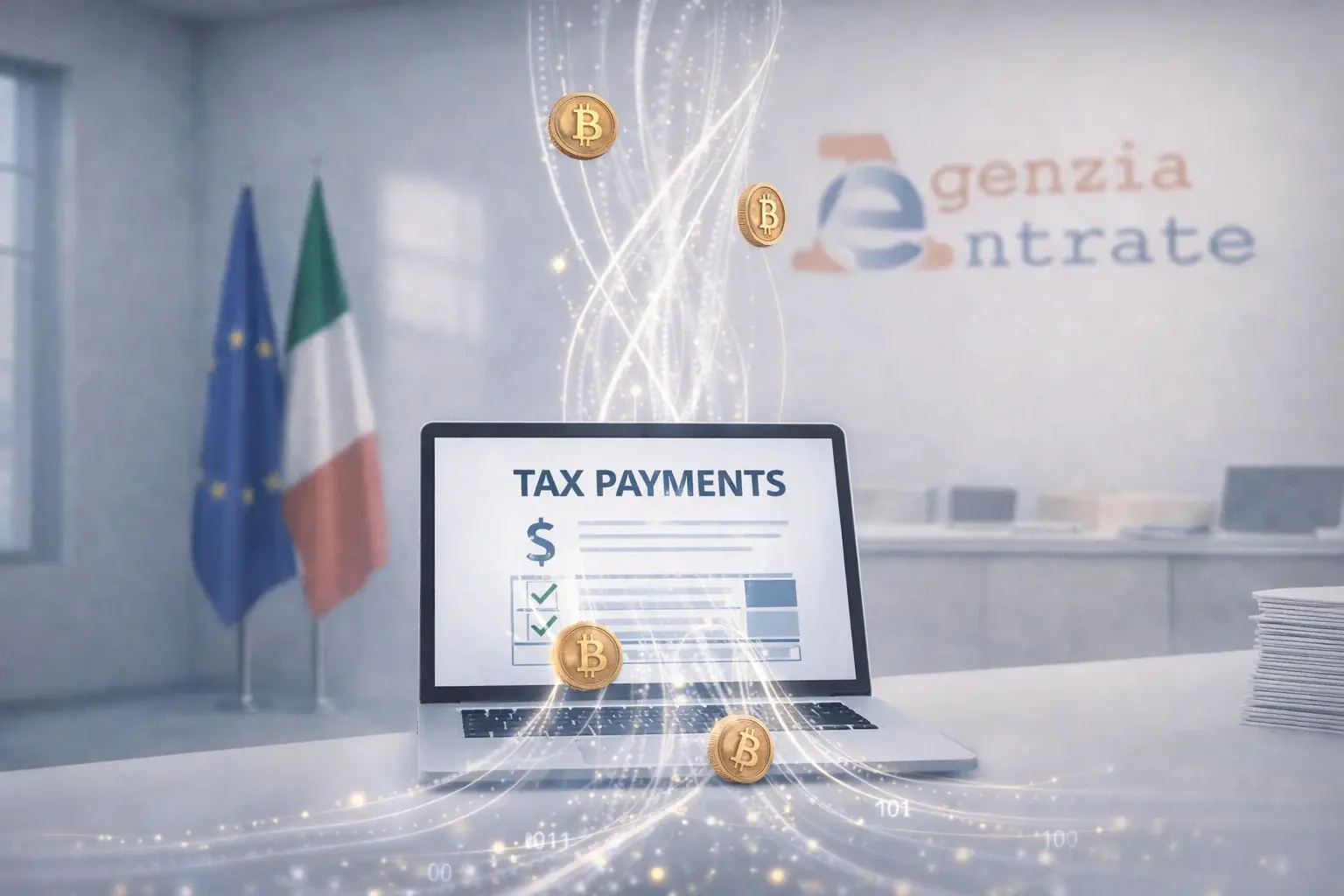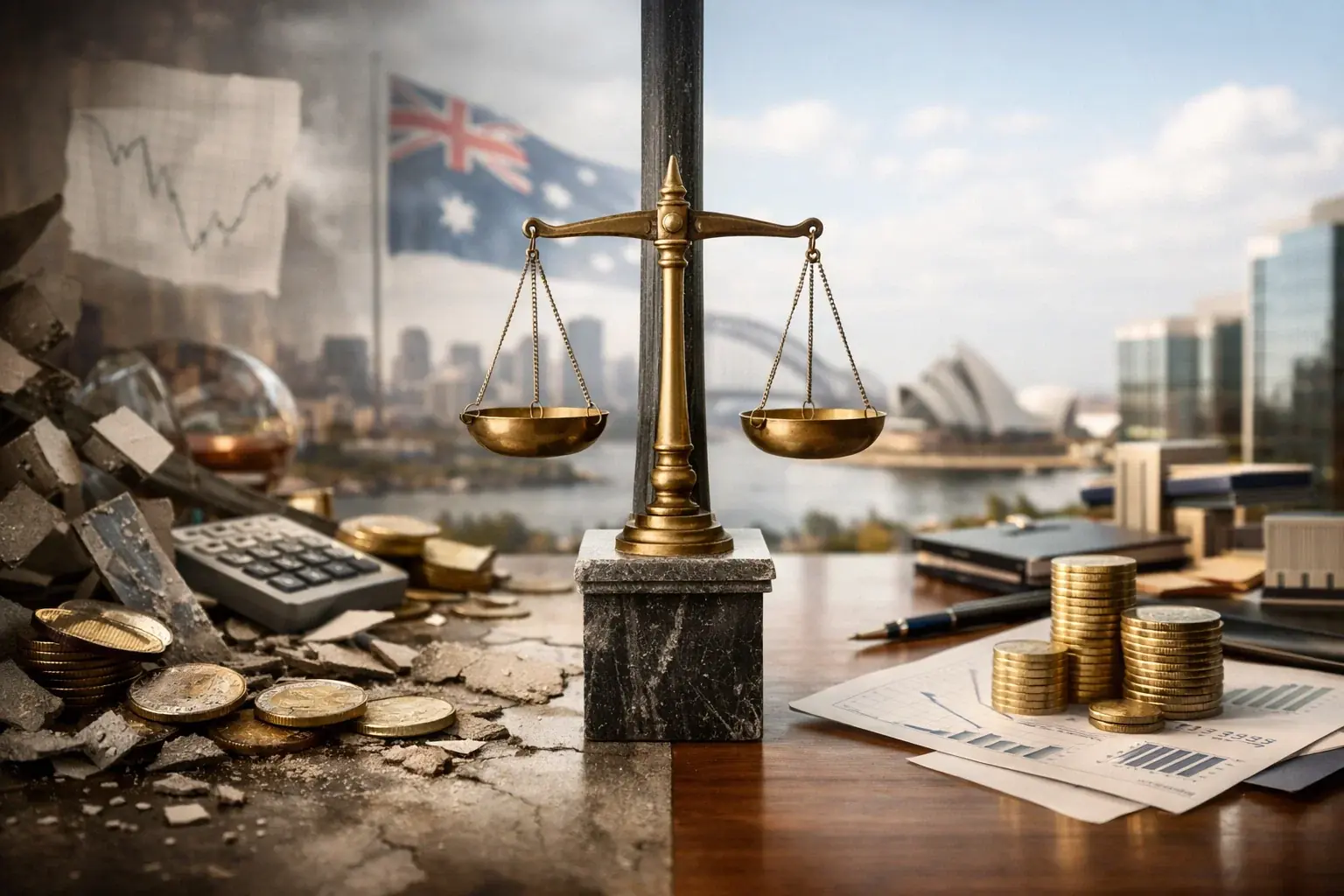Members of Parliament have proposed examining the issue of creating a separate body to regulate the circulation of cryptocurrencies.
A member of Kazakhstan's Majilis (lower house of parliament), Azat Peruashev, has suggested creating an independent body to regulate the circulation of cryptocurrencies in the country: a cryptobank. According to him, the National Bank of Kazakhstan and second-tier banks, which already successfully implement digital financial instruments, could take part in the project, reports Tengrinews.
In a request addressed to the Prime Minister of Kazakhstan, Olzhas Bektenov, Peruashev pointed out that more and more Kazakh citizens are interested in digital currencies, but the country lacks a legal infrastructure for their use. In addition, the current ban on the circulation of cryptocurrencies leads to a lack of market regulation and the use of digital assets for illegal activities and the black economy.
The MP said that, according to some data, 90 per cent of transactions in cryptocurrencies in Kazakhstan take place outside the legal framework.
"An effective tool to regulate the sector could be the creation of a cryptobank, an institution that would assume functions of control, exchange and custody of digital assets within a legal framework," Peruashev suggested.
Decriminalisation of unsecured digital assets and revision of laws on cryptocurrencies in Kazakhstan
Member of Parliament Ekaterina Smyshlyaeva also made a similar request to the Prime Minister, according to the publication. She has proposed decriminalising the circulation of unsecured digital assets for individuals, provided they use authorised platforms, while tightening control over operators' activities. Smyshlyaeva also believes it is necessary to integrate crypto-exchanges into the regulatory framework and to review cryptocurrency-related offences.
The MPs' initiatives follow a call in January by Kazakhstan's President Kassym-Jomart Tokayev for an urgent expansion of the country's infrastructure for cryptocurrencies. According to Tokayev, this move is essential in order to adapt to the new technological order and maintain competitiveness in the context of global cryptocurrency adoption.
Currently, cryptocurrency transactions in Kazakhstan can only be legally conducted through exchanges operating within the Astana International Financial Centre (AIFC). Several crypto services, including the local division of Binance and the Bybit exchange, are already registered with the AIFC.









